Join a powerful, unprecedented alliance for better eye health for all.
Join IAPB-
Choose an alternate language here
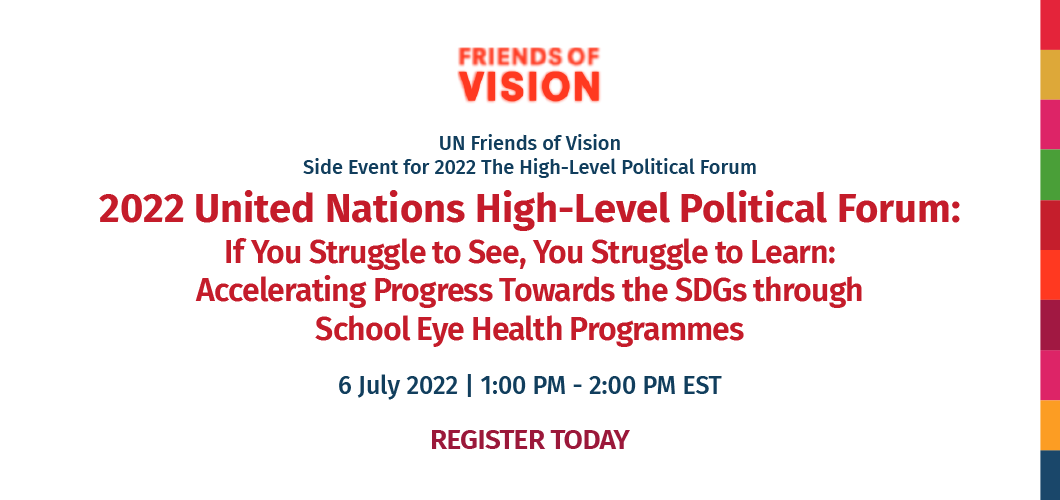
The United Nations Friends of Vision invite you to a virtual event on the margins of the 2022 High-Level Political Forum (HLPF) in July 2022. The event will focus on the critical role comprehensive School Eye Programs play in achieving substantial progress on Sustainable Development Goal 4 -Quality Education and across the 2030 Agenda for Sustainable Development.
80% of what young children learn is processed through their sight. Therefore, if you struggle to see, you struggle to learn. 90 million children and adolescents are currently living with sight loss; the majority in low-and-middle-income countries. Unaddressed vision impairment results in poorer educational outcomes, school exclusion, and risk to future earning potential and well-being.
While there are many barriers to education, vision loss should not be one. COVID-19 disruptions have renewed calls to utilise schools as a resource for influencing the health and well-being of students and their communities. The adoption and implementation of health promoting policies through school-based health interventions can provide the comprehensive eye health care needed by millions of children and support inclusive and equitable education for all.
Hear our expert panel discuss school-based health interventions as the primary institutional pathway for reaching a majority of children on a regular basis, particularly with preventative interventions. They will address how comprehensive School Health Programmes could be the most effective and efficient approach to providing eye health services to potentially more than 700 million children throughout the world.
This immersive discussion between community voices, global policymakers and cross-sector experts on the intersection between child eye health, Sustainable Development Goal 4 – Quality Education and the achievement of the UN’s 2030 Agenda for Sustainable Development, is an important step towards building multidisciplinary support and cooperation to prioritize child eye health policies and actions.
Format: Moderator-led discussion with panel followed by Q & A with the audience
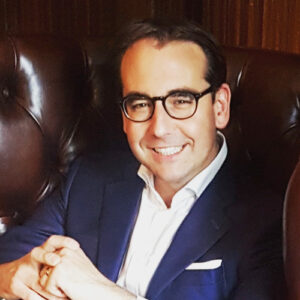
Described by WIRED magazine as “the most connected man in Britain”, OIi Barrett is a serial co-founder who enjoys connecting people and ideas. He is a shareholder in several companies including Calm.com and Troubadour Theatres and co-founded the UK’s largest schools enterprise competition, Tenner. He co-founded StartUp Britain with support from the British Prime Minister and the Clean and Cool Mission, supporting cleantech scaleups to connect with global investors and markets. He is a regular event host, including for the Great British Entrepreneur Awards and sits on the advisory boards of Tech London Advocates, One Million Mentors and Founders4Schools. His latest audio course, Build a Better Network, has been taken by people around the world and his latest charity campaign (TOTS) encourages broadcasters and tech companies to turn on the subtitles, improving children’s literacy.
At the UN, Ambassador Webson has served as President for UNICEF, chaired numerous steering committees and was the lead sponsor on two resolutions affecting the lives of persons with disabilities around the world and is considered as a champion on disabilities issues and a leading voice on issues of Small States.
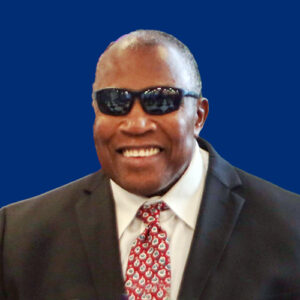
H.E. Dr. Walton Webson is the Permanent Representative of the Mission of Antigua and Barbuda and Founder/Co-chair of the UN Friends of Vision Group. Previously, Ambassador Webson worked for several international nongovernment organizations including Sight Savers International of the (UK), The Caribbean Council for the Blind, (Antigua and Barbuda), Hellen Keller International of New York and Perkins International.
At the UN, Ambassador Webson has served as President for UNICEF, chaired numerous steering committees and was the lead sponsor on two resolutions affecting the lives of persons with disabilities around the world and is considered as a champion on disabilities issues and a leading voice on issues of Small States.
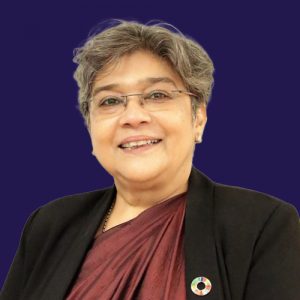
H.E. Ambassador Rabab Fatima is the Permanent Representative of the Mission of Bangladesh, and Co-chair of the UN Friends of Vision Group. Ambassador Fatima is a career diplomat who served in various Bangladesh missions including, in the Permanent Mission to the UN New York, Kolkata, Permanent Mission to the UN Geneva, and Bangladesh Embassy in Beijing.
She has served in various positions in the Ministry of Foreign Affairs, the Commonwealth Secretariat as Head of Human Rights, the International Organization for Migration as the Regional Representative for South Asia, and as the Regional Adviser for South and South-west Asia & Regional Adviser for Climate Change and Migration in IOM’s Regional Office for Asia and the Pacific.
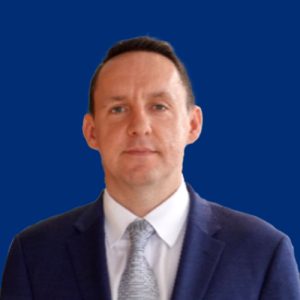
Deputy Permanent Representative
Ambassador Brian Flynn is the Deputy Permanent Representative of the Permanent Mission of Ireland to the UN. Prior to joining the Mission in New York, he was the Director of Human Resources in the Department of Foreign Affairs and Trade in Dublin. Previously, Ambassador Flynn served at the Embassy of Ireland in Berlin, as Political and Foreign Policy Officer (2011-2013), then as Deputy Head of Mission (2013-2015). He was Deputy Director of the Russia/Europe Section of the Political Division from 2009-2011 in Dublin, following four years as Deputy Head of Mission of the Embassy of Ireland in Prague (2005-2009).
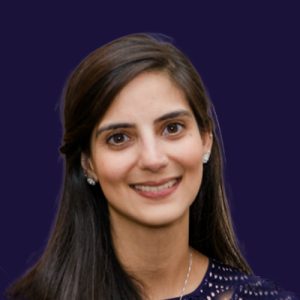
Priya is Head of Global Programme Design at Peek Vision and is also the co-chair of IAPB School Eye Health Work Group. She practiced community and hospital optometry for several years, before joining the International Centre for Eye Health (ICEH) at London School of Hygiene & Tropical Medicine (LSHTM) to pursue her interest in public health full-time. She is Assistant Professor at The International Centre for Eye Health and has worked on eye health research in multiple countries (Africa and Asia) and has a PhD in child eye health with a focus on school eye health services. Her work has been recognised by the World Council of Optometry with the 2017 Paul Berman Young Leader Award.
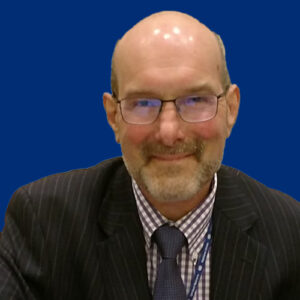
Werner Obermeyer is Director of the World Health Organization (WHO) office at UN Headquarters in New York. His portfolio includes the promotion of health in the General Assembly and other inter-governmental processes, the WHO’s relations with the UN system entities based in New York, as well as non-governmental organizations that focus on public health issues. He was responsible for the negotiations which culminated in adoption of the 2011, 2014 and 2018 Political Declarations on the Prevention and Control of Non-Communicable Diseases, the 2016 Political Declaration on Anti-Microbial Resistance, the 2018 Political Declaration on Tuberculosis and the 2019 Political Declaration on Universal Health Coverage.
He oversees initiatives related to the SDGs, global health and foreign policy, universal health coverage, heath security and social protection, road safety, malaria, climate change and health, disabilities, narcotics and drugs, mental health and tobacco control. Prior to joining the World Health Organization he was the representative of the UN Environment Program (UNEP) in New York, responsible for environmental governance, health determinants and sustainable development. Before joining the United Nations he served in the South African Foreign Service, holding various senior diplomatic assignments.
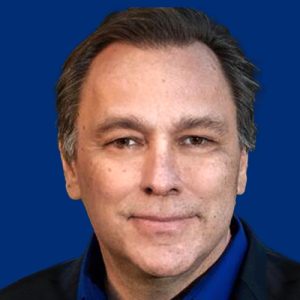
Quentin Wodon is the Lead Economist, Education Global Practice at the World Bank. He co-authored the 2019 World Bank report Looking Ahead: Visual Impairement and School Eye Health Programs. Previously, he managed the Bank’s unit on values, faith, and development, and served as Lead Poverty Specialist for Africa and Economist/Senior Economist for Latin America. Before that, he taught with tenure at the University of Namur. He also taught at American University and Georgetown University. Trained in business engineering, after an assignment in Asia as Laureate of the Prize of Belgium’s Secretary of Trade, he worked in brand management for Procter & Gamble. He then shifted career to join a nonprofit working with the extreme poor and has tried to remain faithful to the cause of serving the less fortunate ever since.
He holds four PhDs, has 500+ publications, and has held pro bono leadership positions with multiple nonprofits. His research on education, global health, poverty and inequality, and sustainability has been covered by leading news media globally.
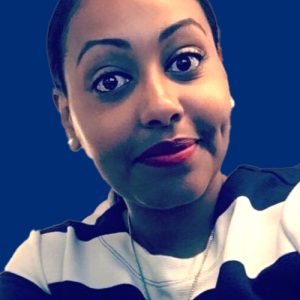
Solomé Asseres is a Technical Specialist for School Health and Nutrition (SHN) at Save the Children. She has over 12 years of experience, including international development in public health research and programming in health, nutrition, and education. Solome joined the School Health and Nutrition team at Save the Children in July 2018 based in Washington, D.C. and has provided technical assistance to SHN programs in Liberia, Zambia, Viet Nam, China, Thailand, Senegal, Kenya, Uganda, Malawi, Lebanon, and Indonesia. She co-leads on vision and road safety for her team, and currently supports programs focusing on SHN policy reform and advocacy, oral health, WASH in schools, nutrition and road safety to ensure quality programming. Previously, she worked for the Public Health Institute and led curricula and training development for a USAID-funded early childhood development initiative with orphans and vulnerable children (OVC) affected by HIV/AIDS in Lesotho, Zimbabwe, and Swaziland.
She worked as a Community Advisor in Madagascar with the Peace Corps focusing on primary healthcare service delivery and served as a public health research assistant at Tulane University. Solome holds a BS in Neurobiology and Physiology from the University of Maryland College Park, and a MPH in Program Design and Implementation from Tulane University School of Public Health and Tropical Medicine.